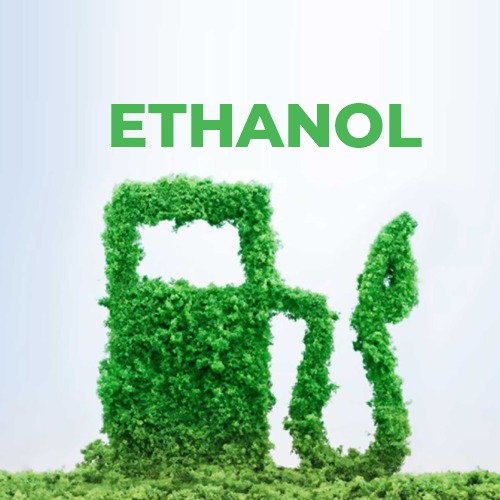Japan’s Toyota Motor Corp plans to support Indonesia’s 10% ethanol fuel blend (E10) policy by investing in bioethanol production, a senior government official said on Monday.
Deputy Minister of Investment and Downstreaming Todotua Pasaribu said Indonesia’s annual fuel consumption exceeds 40 million kilolitres, and about 4 million kilolitres of bioethanol will be needed to implement the E10 policy by 2027, reported Anatara News.
“To seize this momentum, Indonesia must start preparing the necessary facilities now. This is the opportunity Toyota seeks to capture,” Pasaribu said, noting that Toyota already manufactures vehicles compatible with bioethanol fuels in several countries.
The investment plan was discussed during Pasaribu’s meeting with Toyota Motor Asia Regional CEO Masahiko Maeda on Nov. 7, he said.
According to Pasaribu, the plan aligns with President Prabowo Subianto’s goals to boost energy self-sufficiency, promote a green economy and increase the value of natural resources through downstream development.
“We see strong potential for cooperation with Toyota in positioning Indonesia as a regional hub for bioethanol production,” he said.
Pasaribu also visited the Research Association of Biomass Innovation for Next Generation Automobile Fuels (RABIT) facility in Fukushima, where Toyota and RABIT are developing second-generation bioethanol using non-food biomass.
“RABIT’s technology can convert various types of agricultural waste into bioethanol,” he said, adding that Indonesia has abundant potential feedstock.
Toyota plans to conduct a joint field assessment with state-owned energy firm Pertamina in Lampung, which the government envisions as a future bioethanol production hub.
“The target is to establish a joint venture by 2026,” Pasaribu said.
The project would include a facility capable of producing 60,000 kilolitres of bioethanol per year, with an investment value of around 2.5 trillion rupiah ($150 million).
Pasaribu said the investment would help Indonesia meet domestic demand for bioethanol and potentially open up export opportunities.














